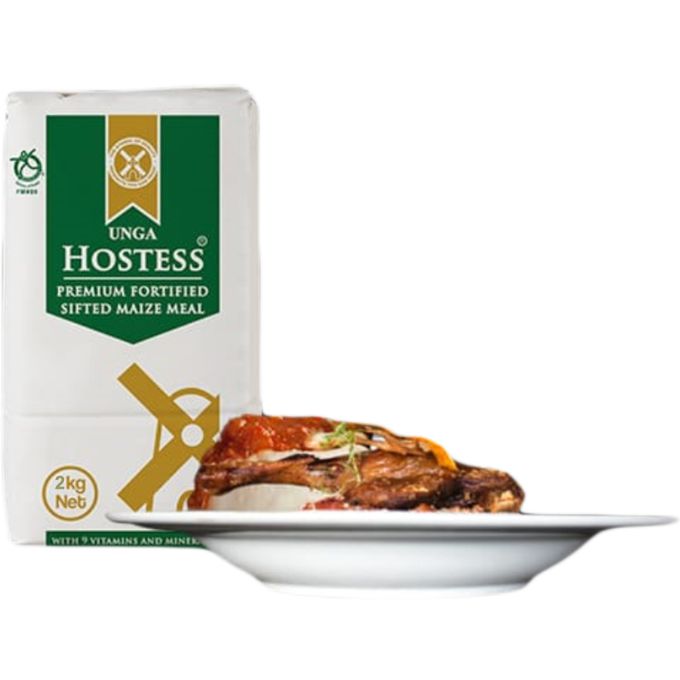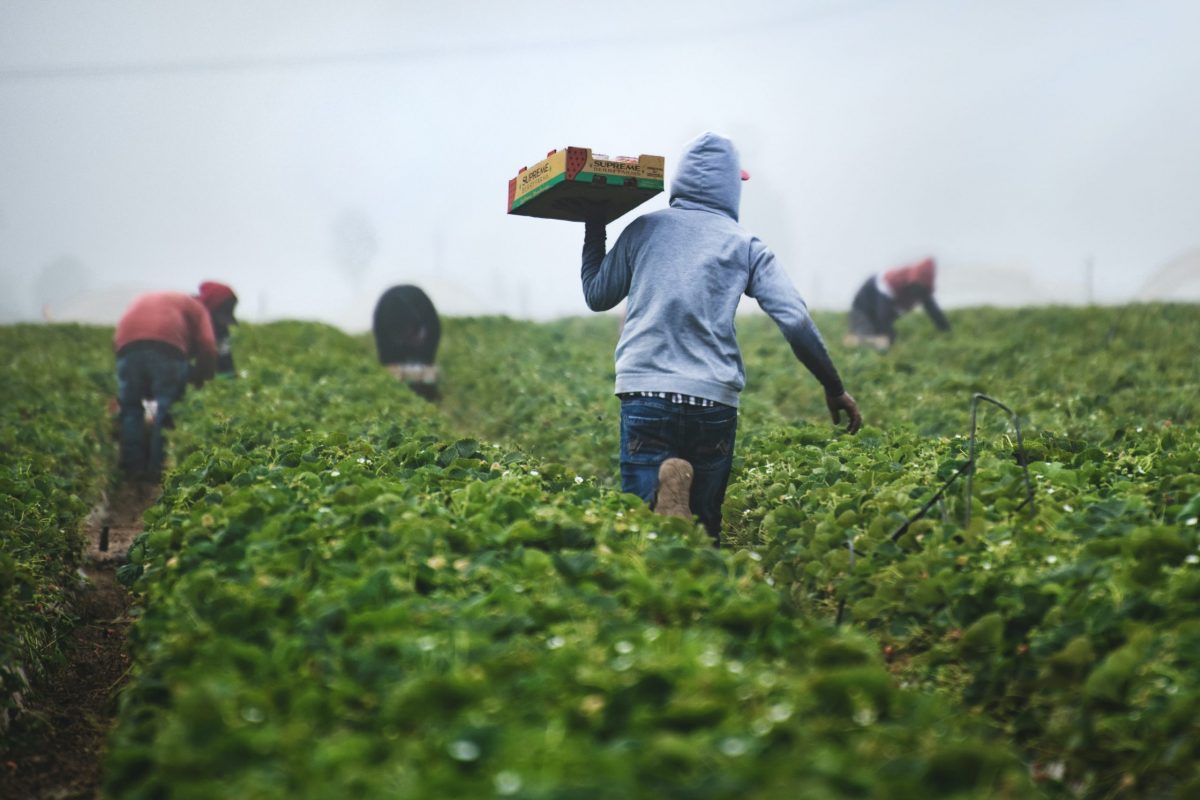While farmers put a lot of effort in their farming, they tend to get the least out of it when it comes to the market and it’s only through value addition that this trend can be reversed. Thus, why l wrote this article on ways to create value addition in agribusiness.
Value addition is achieved through a wide range of activities, and an agricultural value chain might include:
- Development and dissemination of plant and animal genetic material
- Input supply
- Farmer organization
- Farm production
- Post-harvest handling
- Processing, provision of technologies of production and handling
- Grading criteria and facilities
- Cooling and packing technologies
- Post-harvest local processing
- Industrial processing, storage
- Transport, finance, and feedback from markets.
In this article, we are going to discuss some of the ways of value addition.
Ways to Create Value Addition in Agribusiness
1. Branding
Companies that build strong brands increase value just by adding a few concepts to a product. For example, as a farmer, you can sell milk at a much higher price than some of your competitors even though your production costs may be similar just by packaging it in a branded container. Creating meaningful differentiation to sustain customers’ preference for a product is becoming one of the biggest marketing offers.
An effective brand that communicates the essence of quality will give customers the perception that the product or service is better than the competition’s. Since it is perceived to be of higher quality, these brands will command higher prices, adding more revenue to the bottom line.
Branding not only creates loyal customers, but it also creates loyal employees. A quality brand gives people something to believe in and something to stand behind. It helps employees understand the purpose of the organization they work for.
Remember, poor branding can make your product irrelevant.
2. Processing
This is the process of taking a raw commodity and changing its form to produce a high quality end product. For example, this could be done to tomatoes to process them to tomato paste such as Kechup, fresh spices to processed spices et al.

Value addition in food products will result in nutrient-rich products which have a higher degree of quality, meet the standards set by different authorities and are safer for consumption. Sometimes, value addition can be done purely for commercial gains whereas sometimes it can be done for nutrient augmentation of the food product.
3. Food Fortification
Food fortification is the process of adding micronutrients (essential trace elements and vitamins) to food. It may be a purely commercial choice to provide extra nutrients in a food, while other times it is a public health policy which aims to reduce the number of people with dietary deficiencies within a population.

Diets that lack variety can be deficient in certain nutrients. Sometimes the staple foods of a region can lack particular nutrients, due to the soil of the region or because of the inherent inadequacy of the normal diet.
4. After sale services
In an ever-crowded market of supply chain solutions providers, any additional value-added services such as free delivery, to showing your farming journey to your audiences or fellow farmers through your online platforms or, just holding regular farm clinics to train and equip your customers with farming knowledge, can go a long way towards either winning a new contract or keeping a current client happy.
While after sales tends to focus mainly on the product, improper management of your brand’s customers during the after-sales process can leave them feeling alienated and, in turn, seek out your competitors.
Key Takeaway
Value addition promotes the growth of farmers and in the process creates the much-needed productive jobs for the youth, and equally, increases the purchasing power of citizens.
Increased purchasing power means increased demand for locally made products. As demand for locally made products increases, so does the demand for agricultural products to cater for the new market and ultimately, demand for farm inputs such as fertilizers, better machinery that will also lead to the expansion of the agricultural sector.
Additionally, it does not only help in nutrient enhancement but also in reducing the post production losses. Thereby, the idea of value addition should be incorporated in the current food processing industries and new innovations should be made so as to produce a better quality and a more economical product.









